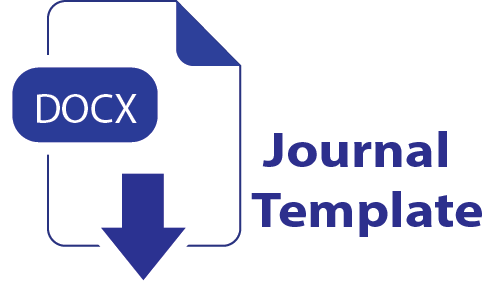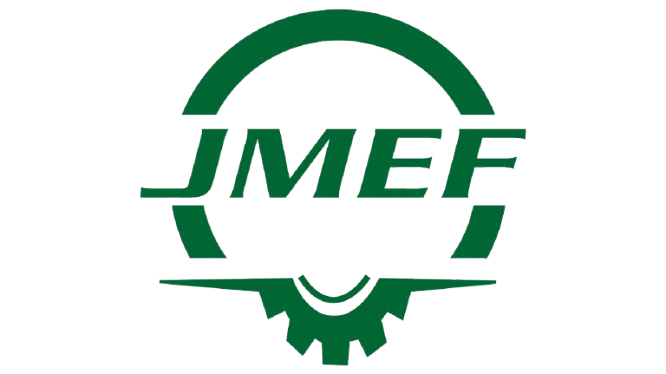Publication Ethics
Journal of Mechanical Engineering and Fabrication is a peer-reviewed international electronic journal. This statement outlines the ethical standards and responsibilities of all parties involved in the publication process — including the author, the editor-in-chief, the editorial board, reviewers, and the publisher. The journal adheres to the COPE (Committee on Publication Ethics) Best Practice Guidelines for Journal Editors.
Publication ethics represent a set of principles that must be upheld by authors, reviewers, and editors to ensure scientific integrity, honesty, and professionalism throughout the publication process.
Duties of Authors
Reporting Standards:
Authors should present an accurate, clear, and objective account of their research and its significance. The underlying data must be represented accurately and in sufficient detail to allow reproducibility. Misrepresentation or fabrication of data is considered unethical.
Data Access and Retention:
Authors may be asked to provide raw data related to their submission for editorial review and should retain such data for a reasonable period after publication.
Originality and Plagiarism:
Authors must ensure their manuscripts are original works. If materials or statements from other sources are used, proper citation and acknowledgment are required.
Multiple or Redundant Publication:
Submitting or publishing the same manuscript in more than one journal simultaneously is unethical and unacceptable.
Acknowledgement of Sources:
Proper credit must always be given to others’ works. Authors should cite publications that have significantly influenced their research.
Authorship of the Paper:
Authorship should be limited to individuals who have made a substantial contribution to the conception, design, execution, or interpretation of the study. All co-authors must agree on the final version and its submission.
Disclosure and Conflicts of Interest:
Authors should disclose any financial or personal relationships that might influence their research. All sources of funding must be acknowledged.
Fundamental Errors:
If authors discover significant errors in their published work, they must promptly notify the editor and cooperate in issuing corrections or retractions.
Hazards and Human or Animal Subjects:
Authors must clearly identify any potential hazards associated with materials, procedures, or equipment used in their study.
Duties of Editors
Fair Evaluation:
Editors evaluate manuscripts solely based on intellectual merit without discrimination regarding race, gender, religion, or political affiliation.
Confidentiality:
Editors and editorial staff must maintain the confidentiality of submitted manuscripts and must not disclose any information to unauthorized parties.
Conflict of Interest:
Unpublished materials from submitted manuscripts may not be used in editors’ own research without written consent from the author.
Publication Decision:
The editorial board is responsible for deciding which manuscripts are suitable for publication, guided by the journal’s scope, scientific merit, and legal considerations such as copyright and plagiarism.
Peer Review Process:
Editors ensure that manuscripts are evaluated for originality and scientific contribution through a fair and objective peer-review process. Qualified reviewers with relevant expertise are selected, and conflicts of interest are avoided.
Duties of Reviewers
Contribution to Editorial Decisions:
Reviewers assist editors in making publication decisions and may help authors improve their manuscripts through constructive feedback.
Promptness:
Reviewers who feel unqualified or unable to review promptly should notify the editor immediately.
Objectivity:
Reviews should be conducted objectively, with clear reasoning and without personal bias or criticism.
Confidentiality:
All manuscripts received for review are confidential and must not be shared or discussed with others without permission from the editor.
Conflict of Interest:
Reviewers should not evaluate manuscripts in which they have conflicts of interest due to personal or professional relationships with the authors or institutions involved.
Acknowledgement of Sources:
Reviewers should point out relevant published work not cited by the authors and alert the editor to any substantial similarities between the manuscript and other publications.






